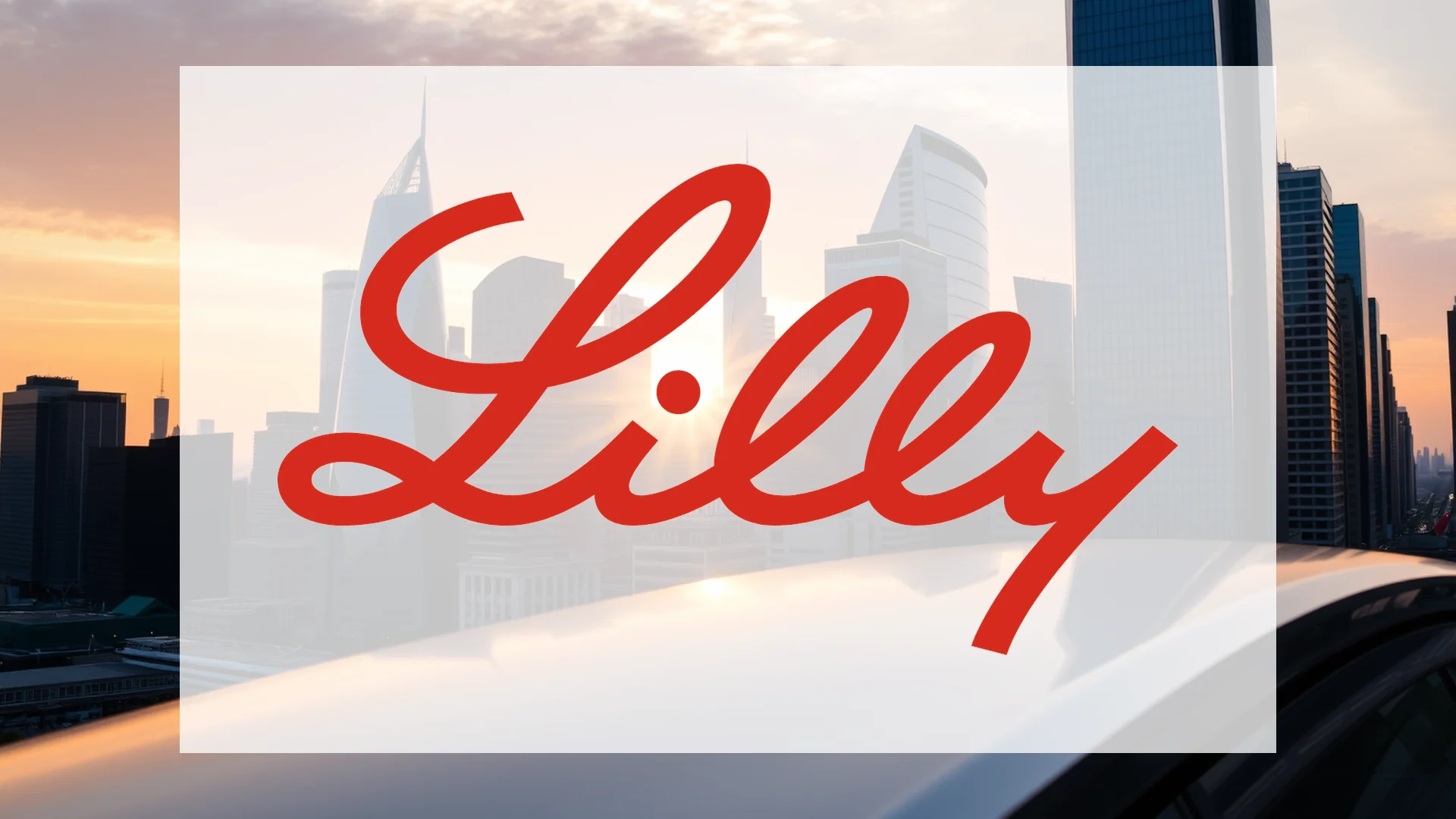Pharmaceutical giant Eli Lilly has made a decisive move in its corporate benefits strategy, immediately dropping CVS Health as its prescription drug provider for employees. This significant shift follows CVS’s earlier decision to remove Eli Lilly’s blockbuster weight-loss injection from its formulary of covered medications, opting instead for a competing product. Beginning January 1, Rightway will assume responsibility for pharmaceutical services. This development underscores the intensely competitive landscape within the multi-billion dollar obesity medication sector, raising questions about Eli Lilly’s ability to maintain its market leadership position.
Soaring Valuation Nears Trillion-Dollar Threshold
Against this backdrop of corporate maneuvering, Eli Lilly’s stock performance continues its remarkable ascent. On Tuesday, November 11, 2025, shares briefly approached the significant $1,000 level before settling at $988.53, establishing a fresh record high. The equity has delivered impressive returns of nearly 19% over the past month alone, with nine percentage points of that gain occurring in just the most recent week. This sustained upward momentum positions the company’s market capitalization to potentially breach the trillion-dollar barrier.
The latest quarterly results provided the catalyst for this renewed investor enthusiasm. Eli Lilly substantially outperformed expectations, reporting earnings per share of $7.02 against projections of $5.69, while revenue reached $17.60 billion compared to the anticipated $16.01 billion. These figures demonstrate the company’s commanding presence in the expanding GLP-1 receptor agonist market.
Should investors sell immediately? Or is it worth buying Eli Lilly?
Development Pipeline Fuels Investor Confidence
Beyond its current commercial successes, Eli Lilly’s research and development pipeline contains multiple promising candidates generating substantial market interest:
- Orforglipron: The company’s oral weight management medication has received Fast Track designation from the FDA, potentially accelerating its regulatory approval process.
- Eloralintide: This weekly injectable candidate demonstrated compelling efficacy in Phase II trials, achieving weight reduction of up to 20% over 48 weeks. Advanced Phase III studies are scheduled to commence later this year.
- Medicare Partnership: A potential agreement with the Trump administration could dramatically expand patient access to medications like Zepbound, offering treatment at approximately $245 monthly rather than the current list price.
Analyst Perspectives Reflect Cautious Optimism
Wall Street sentiment remains predominantly positive, with at least seventeen analysts maintaining buy recommendations. Financial institutions including UBS and BMO Capital have meaningfully raised their price targets. However, the security’s rapid appreciation has prompted some reassessment. Freedom Capital Markets recently downgraded its rating from “Buy” to “Hold,” despite simultaneously increasing its price objective from $750 to $950. The firm noted that while the fundamental outlook remains robust, current valuation levels appear to reflect much of this positive narrative. This divergence in perspectives highlights the central question facing investors: whether Eli Lilly can continue exceeding elevated market expectations or if a more measured approach becomes warranted.
Ad
Eli Lilly Stock: Buy or Sell?! New Eli Lilly Analysis from February 7 delivers the answer:
The latest Eli Lilly figures speak for themselves: Urgent action needed for Eli Lilly investors. Is it worth buying or should you sell? Find out what to do now in the current free analysis from February 7.
Eli Lilly: Buy or sell? Read more here...











